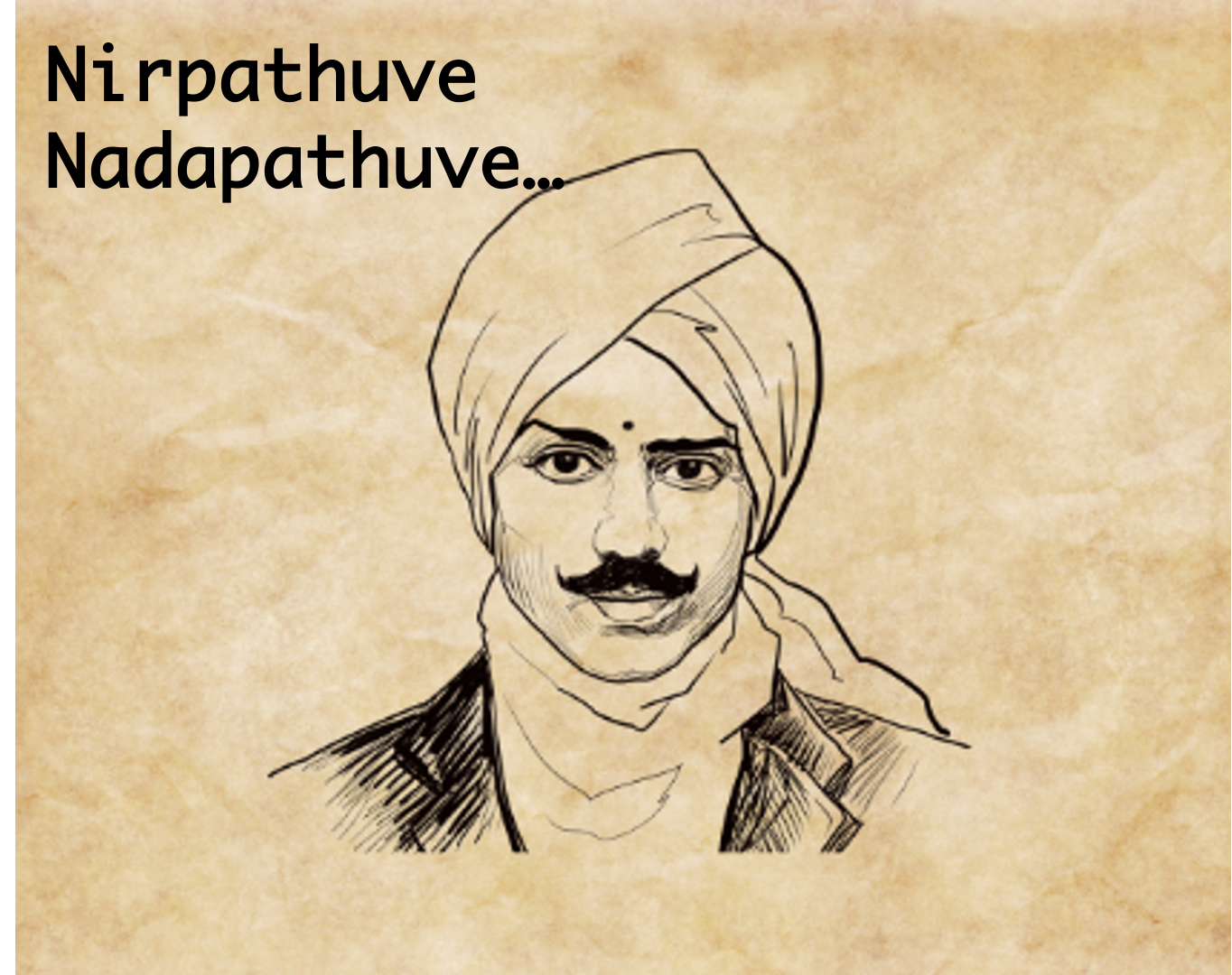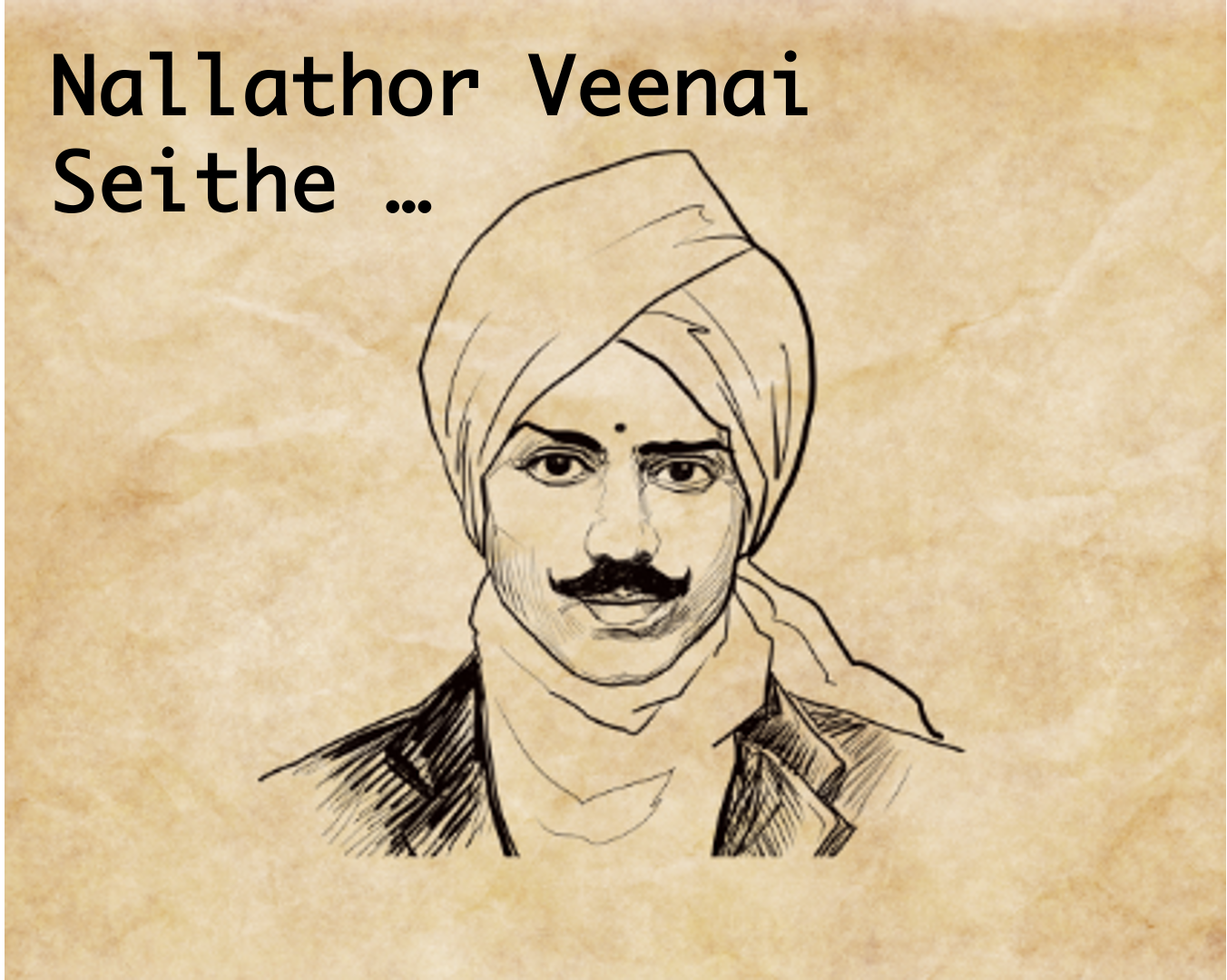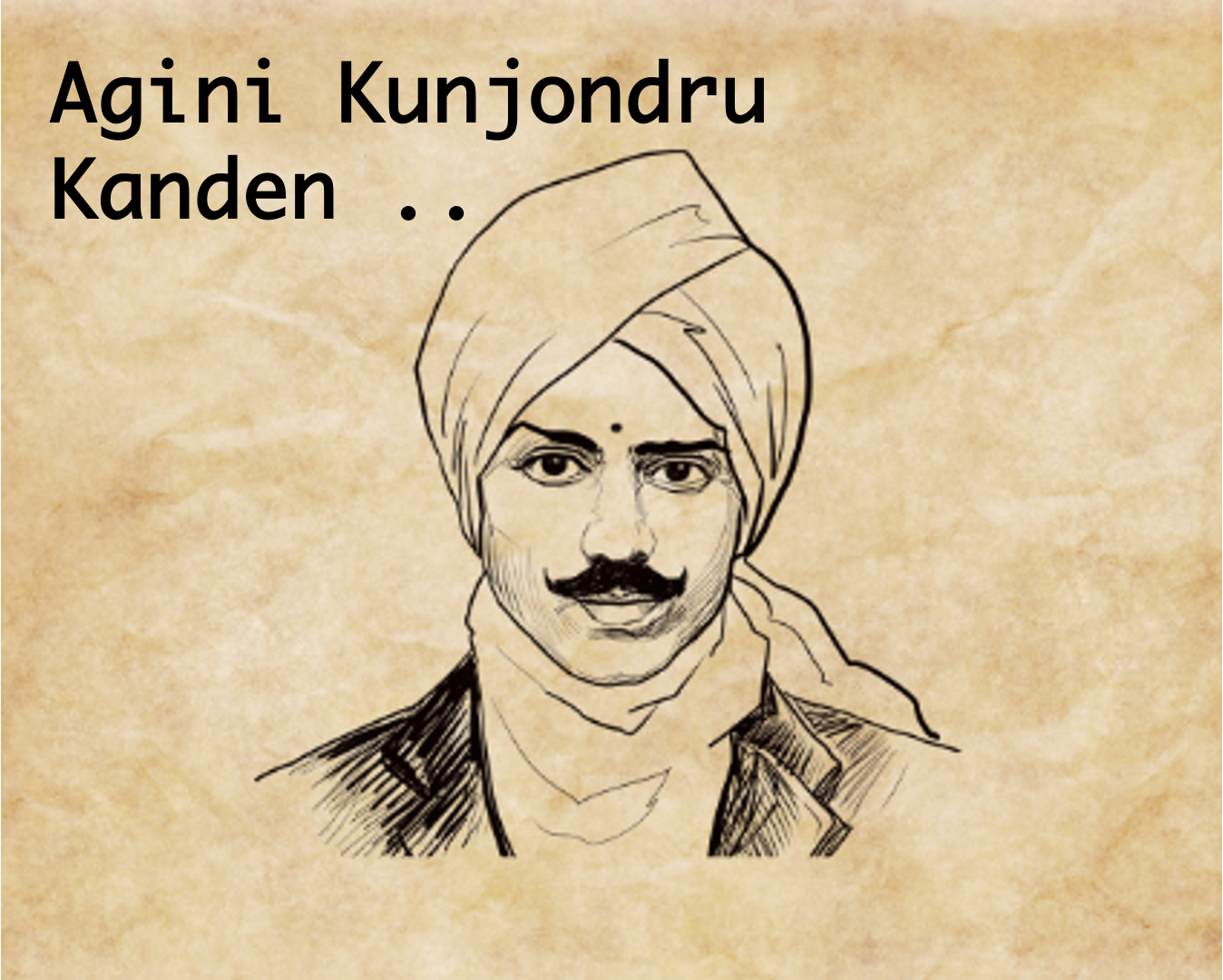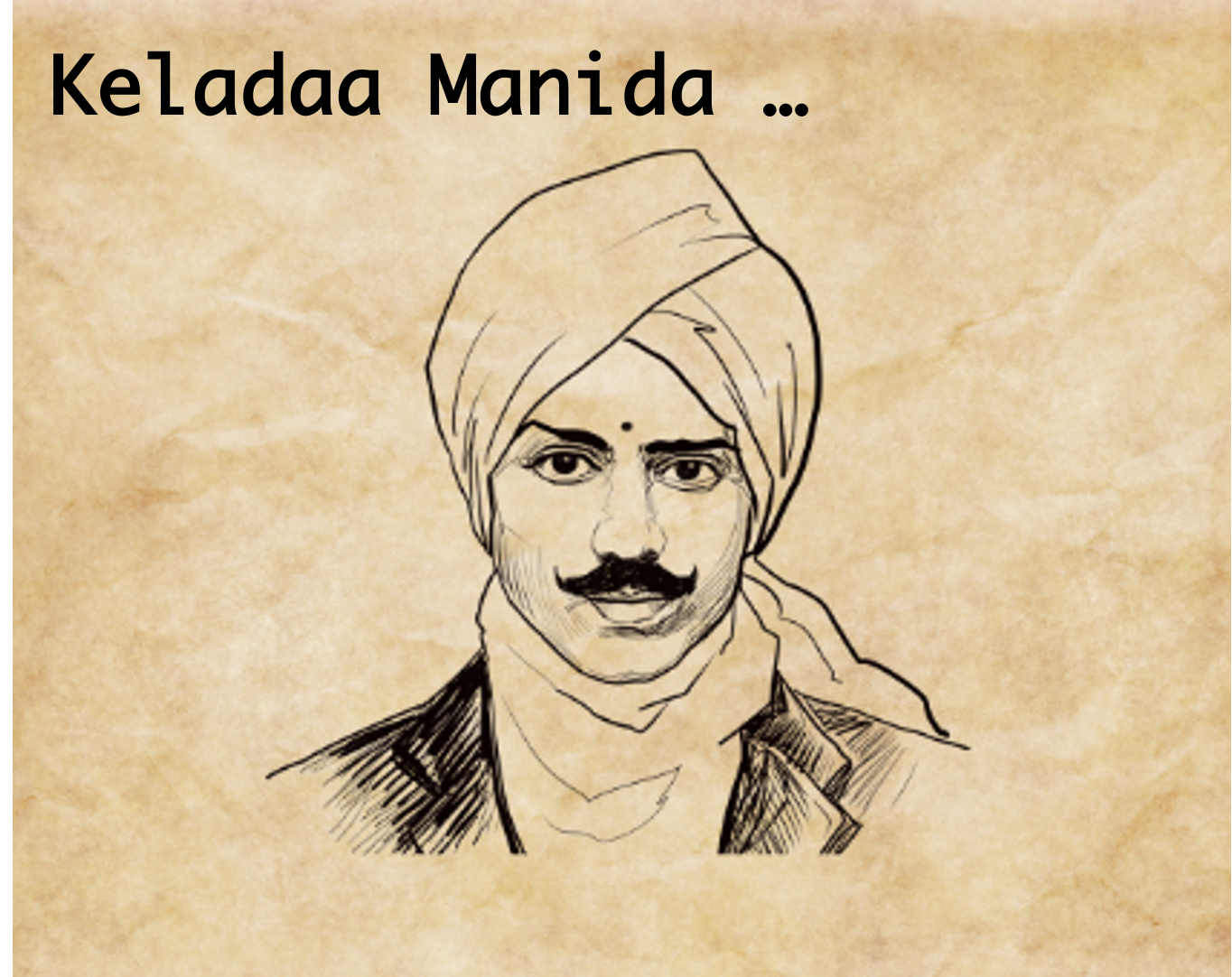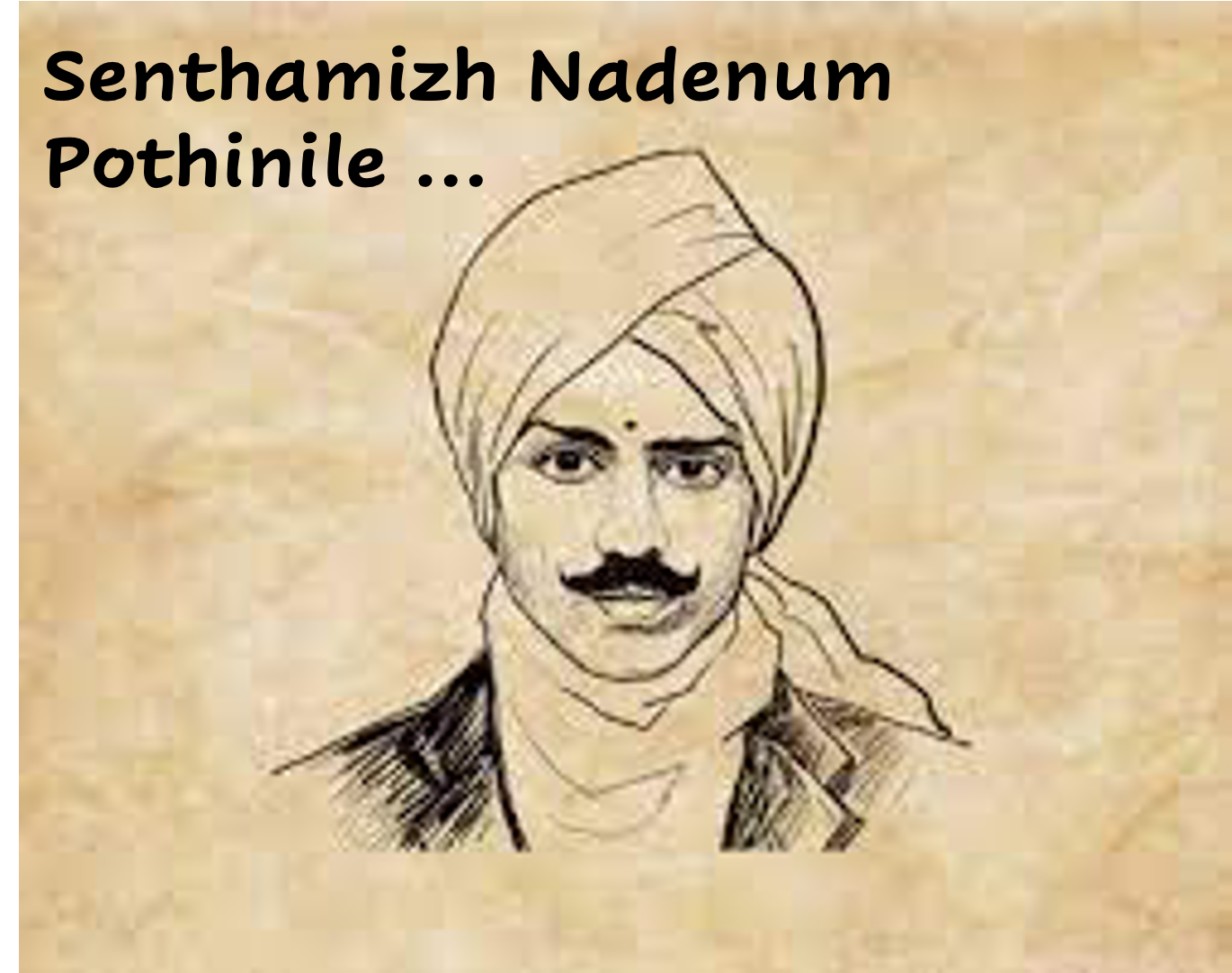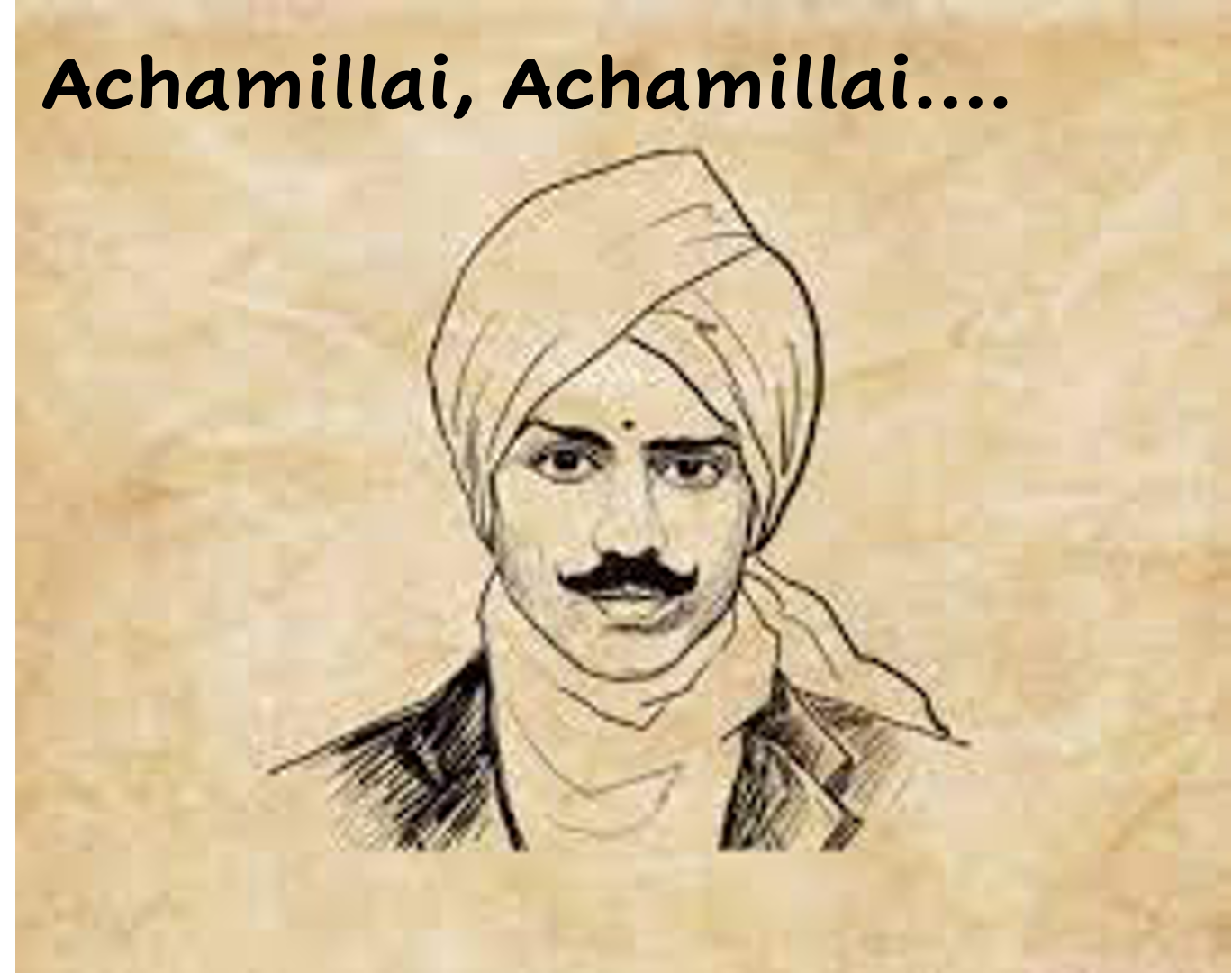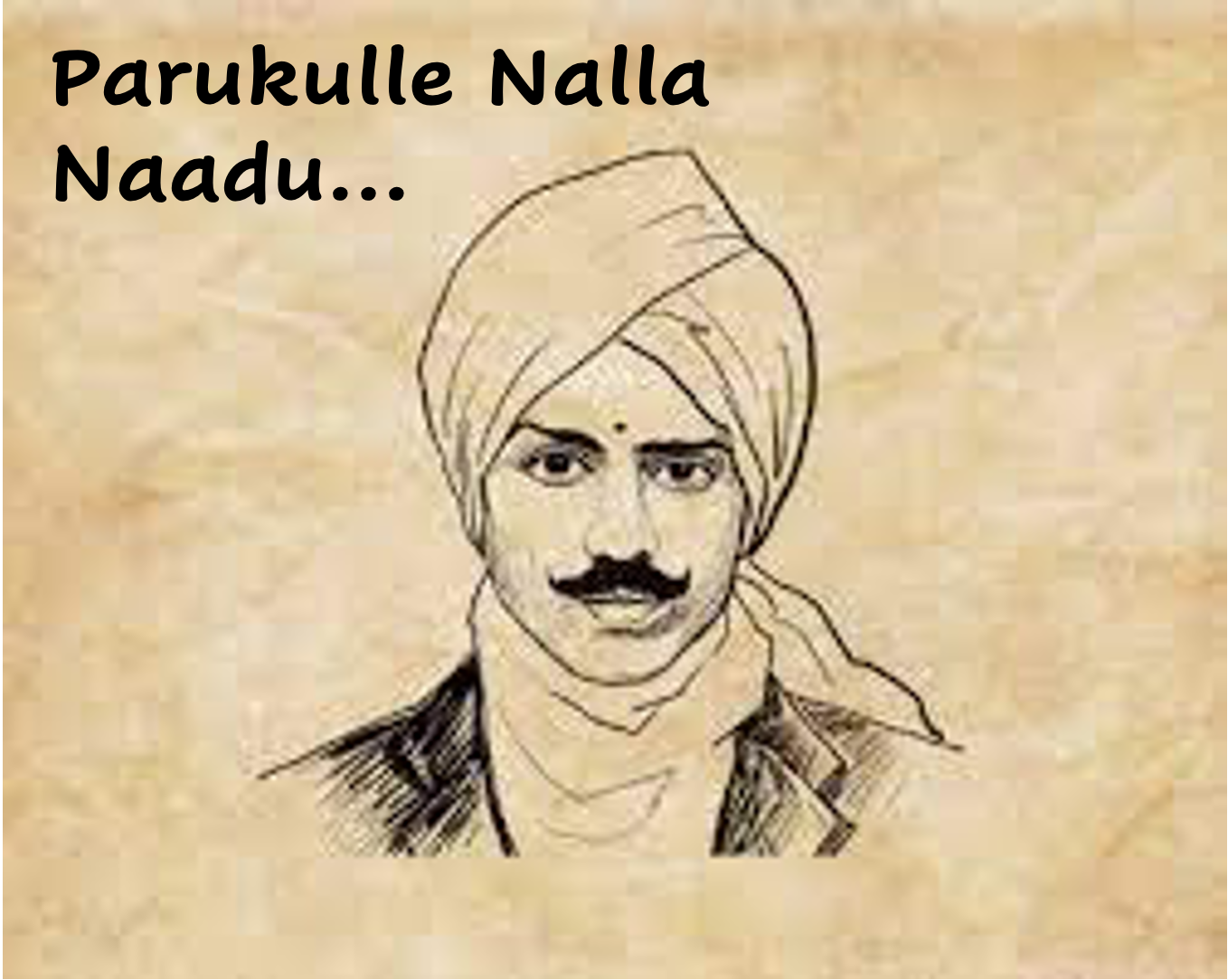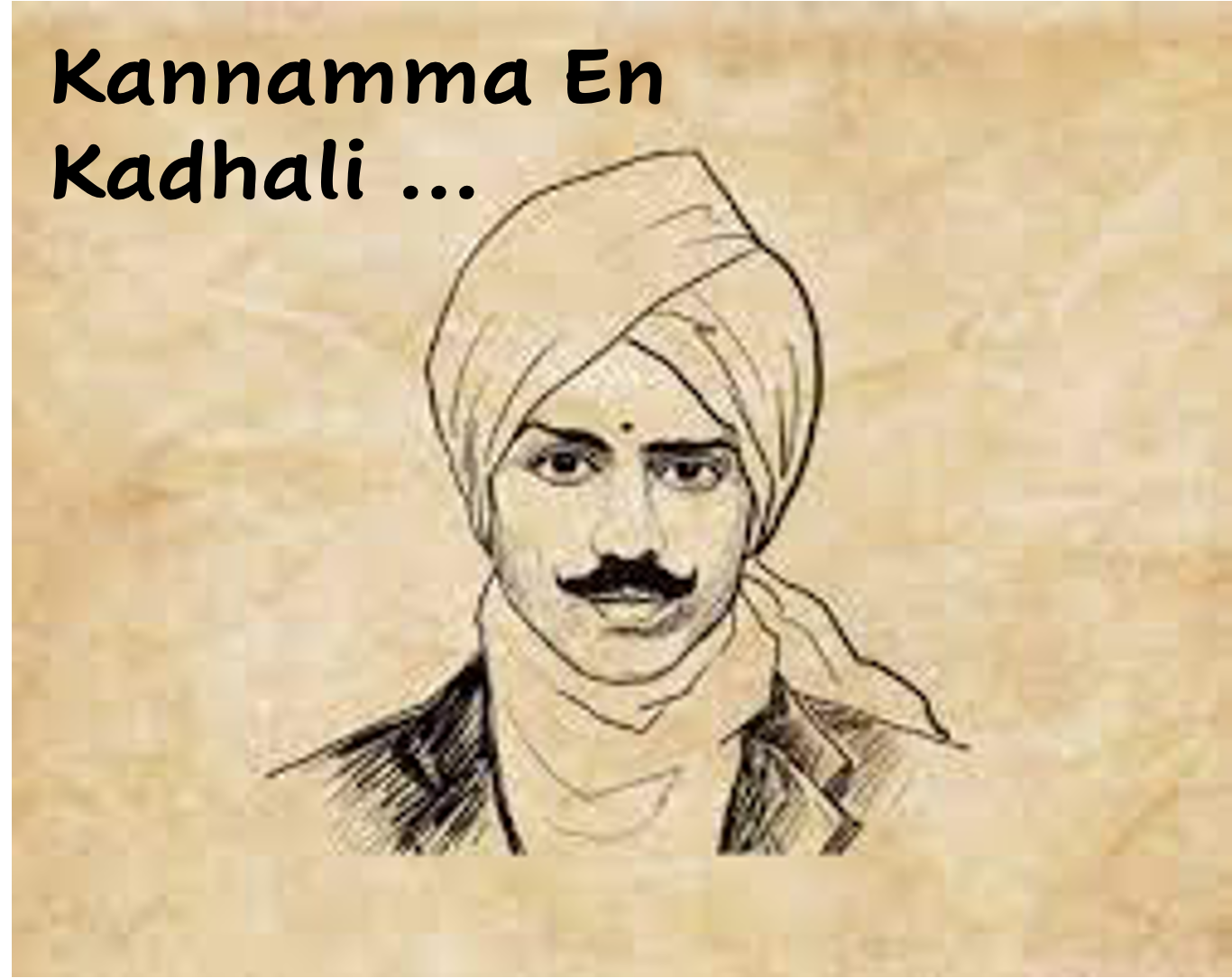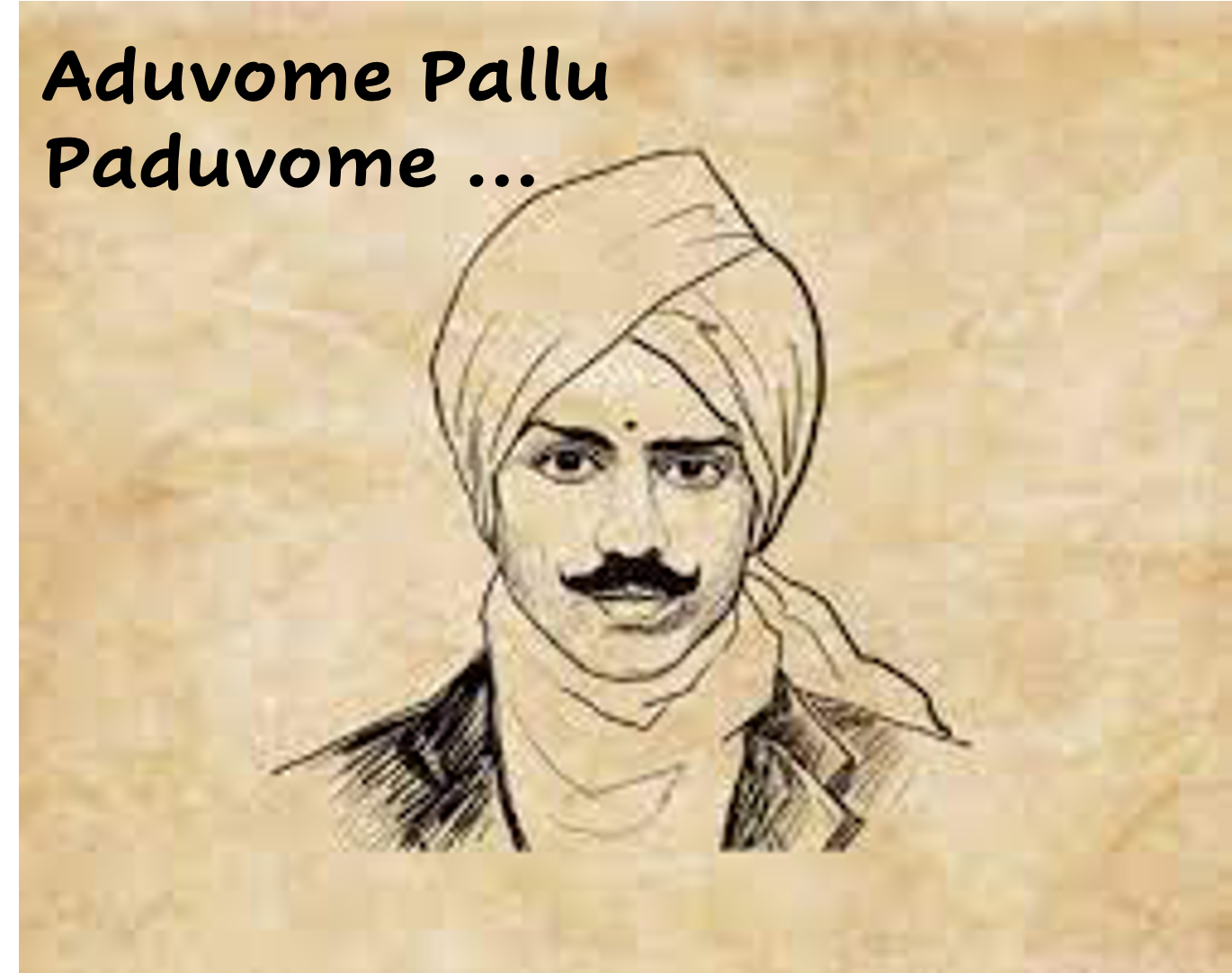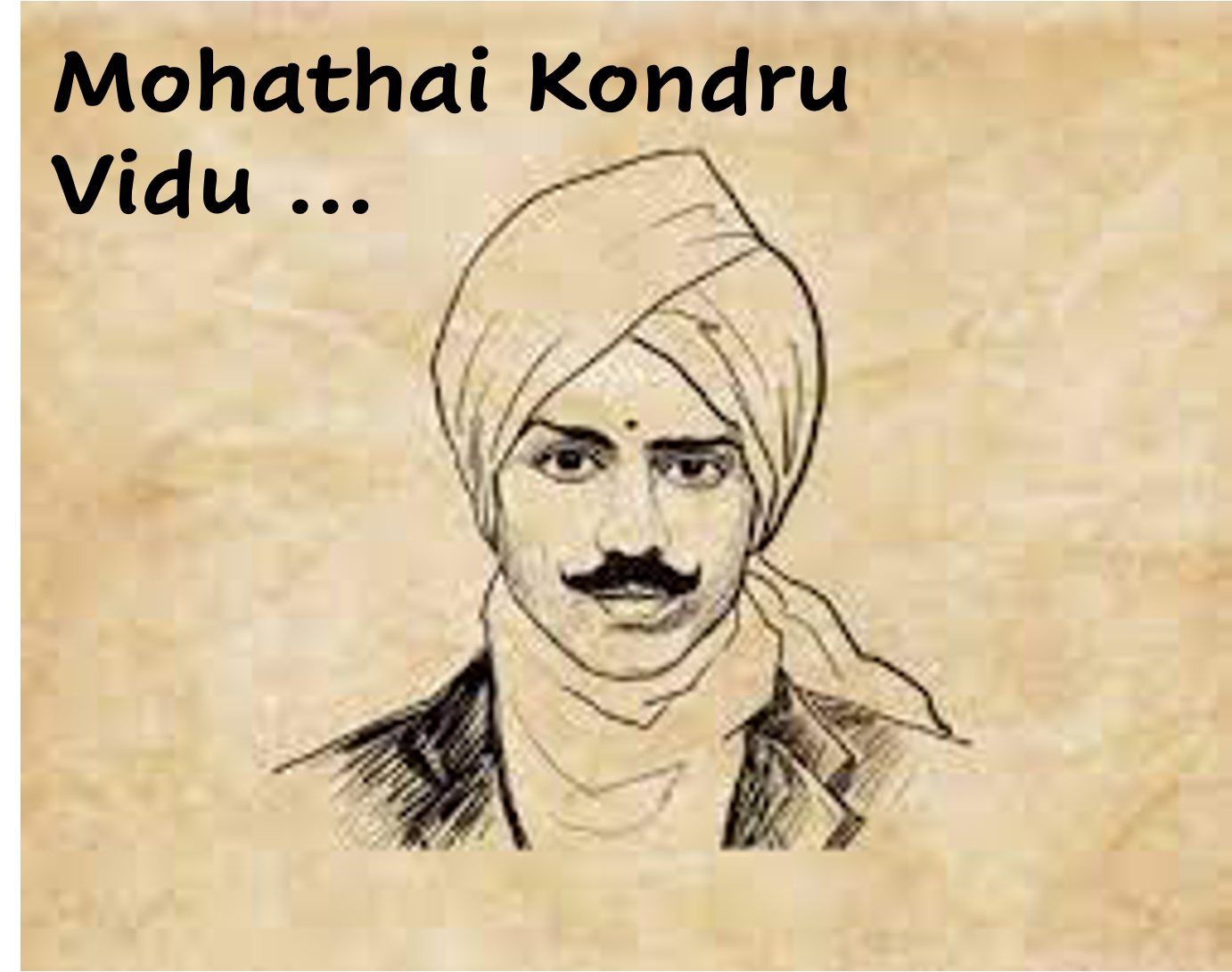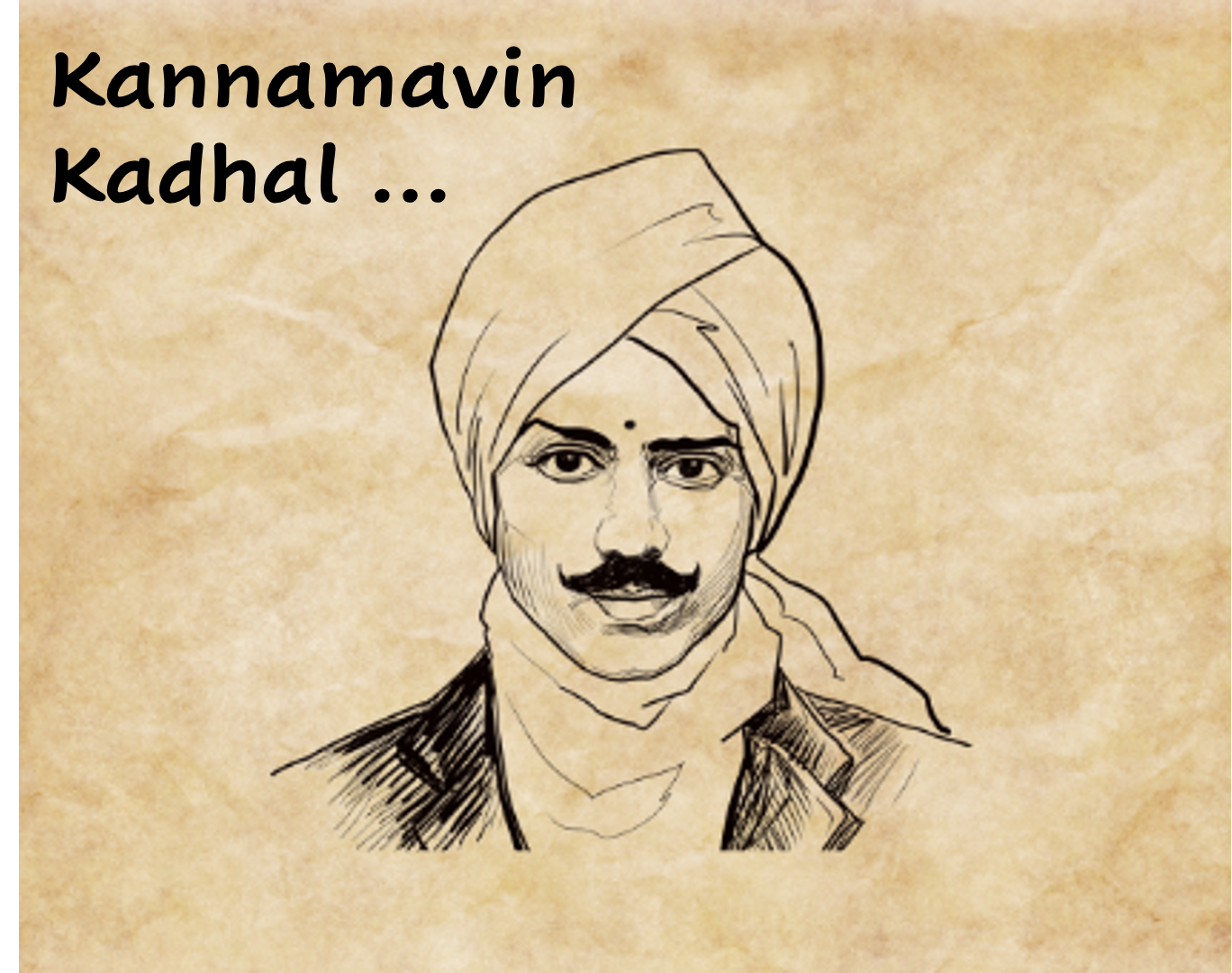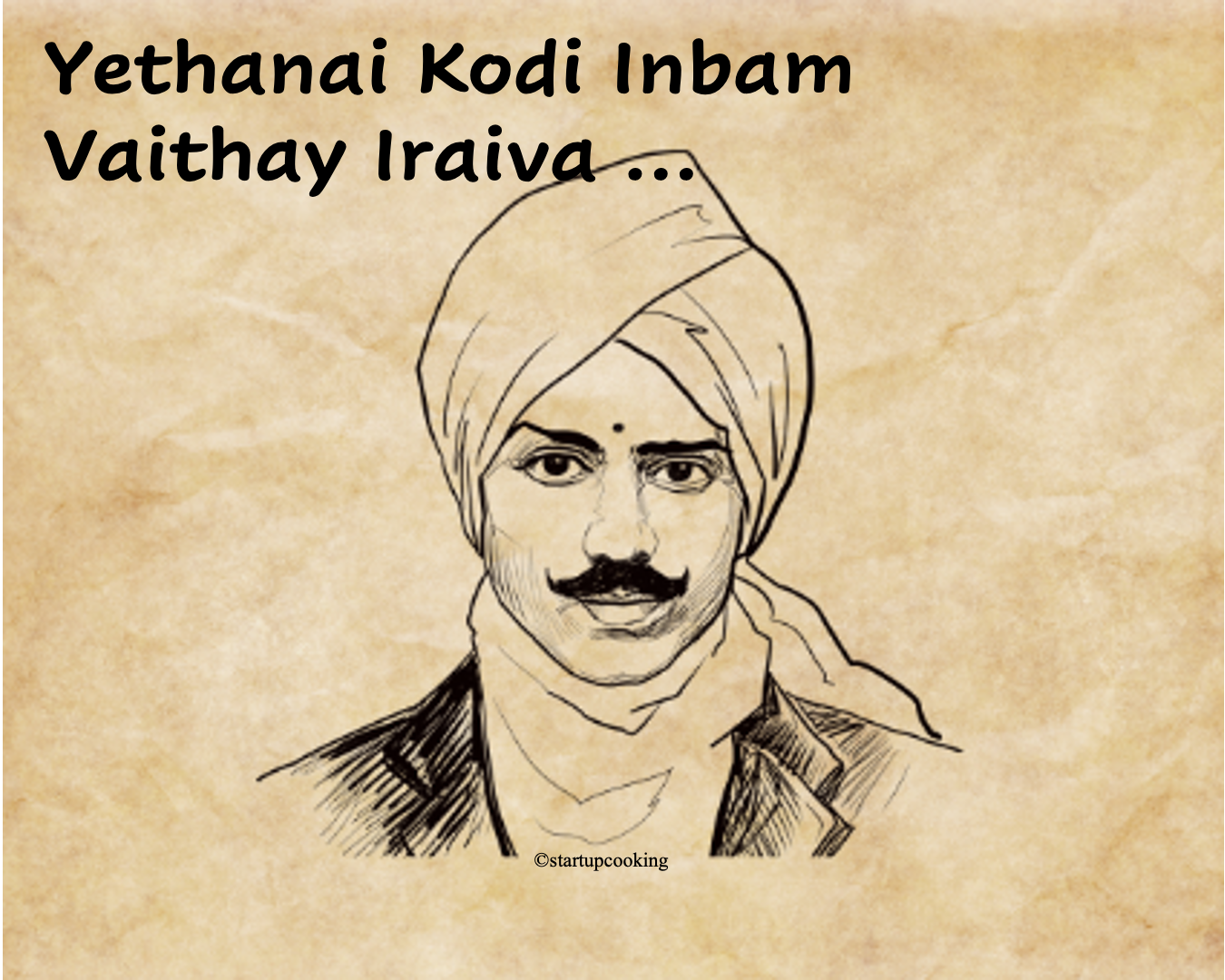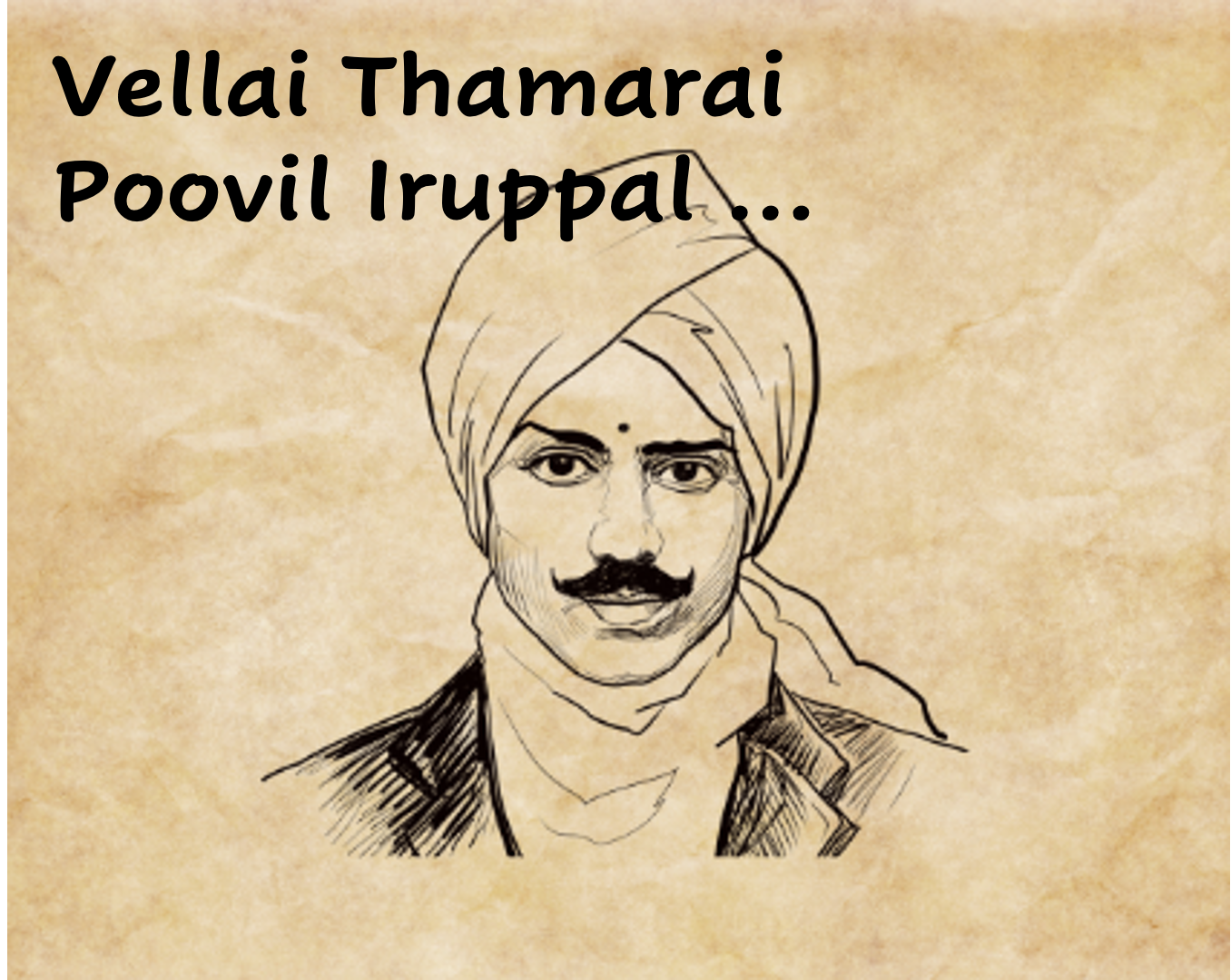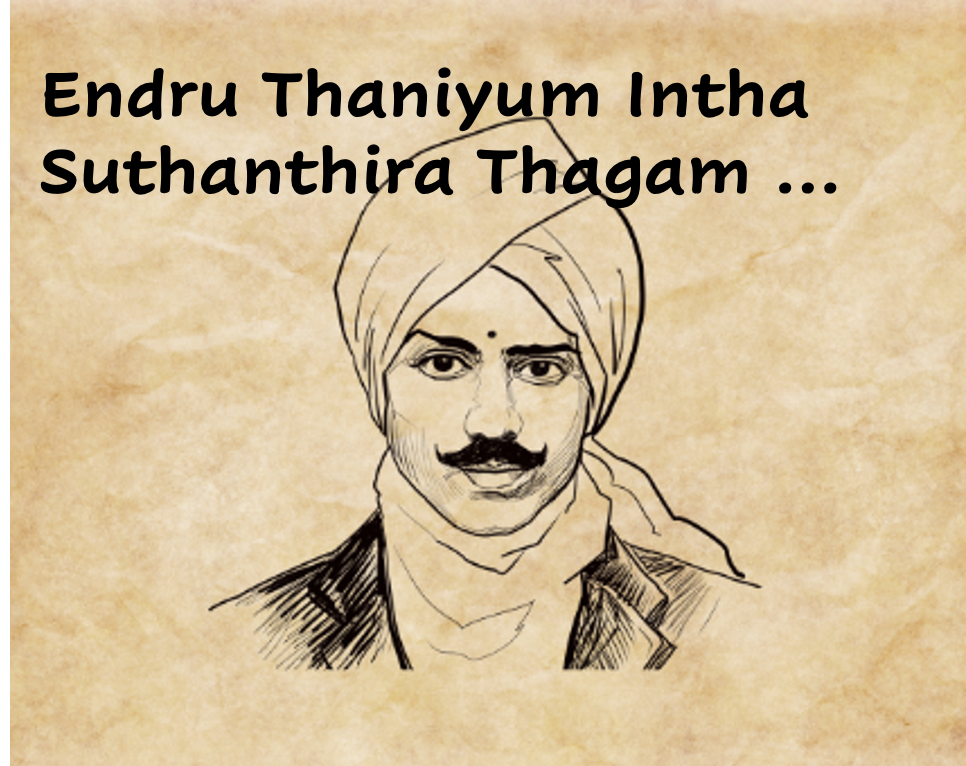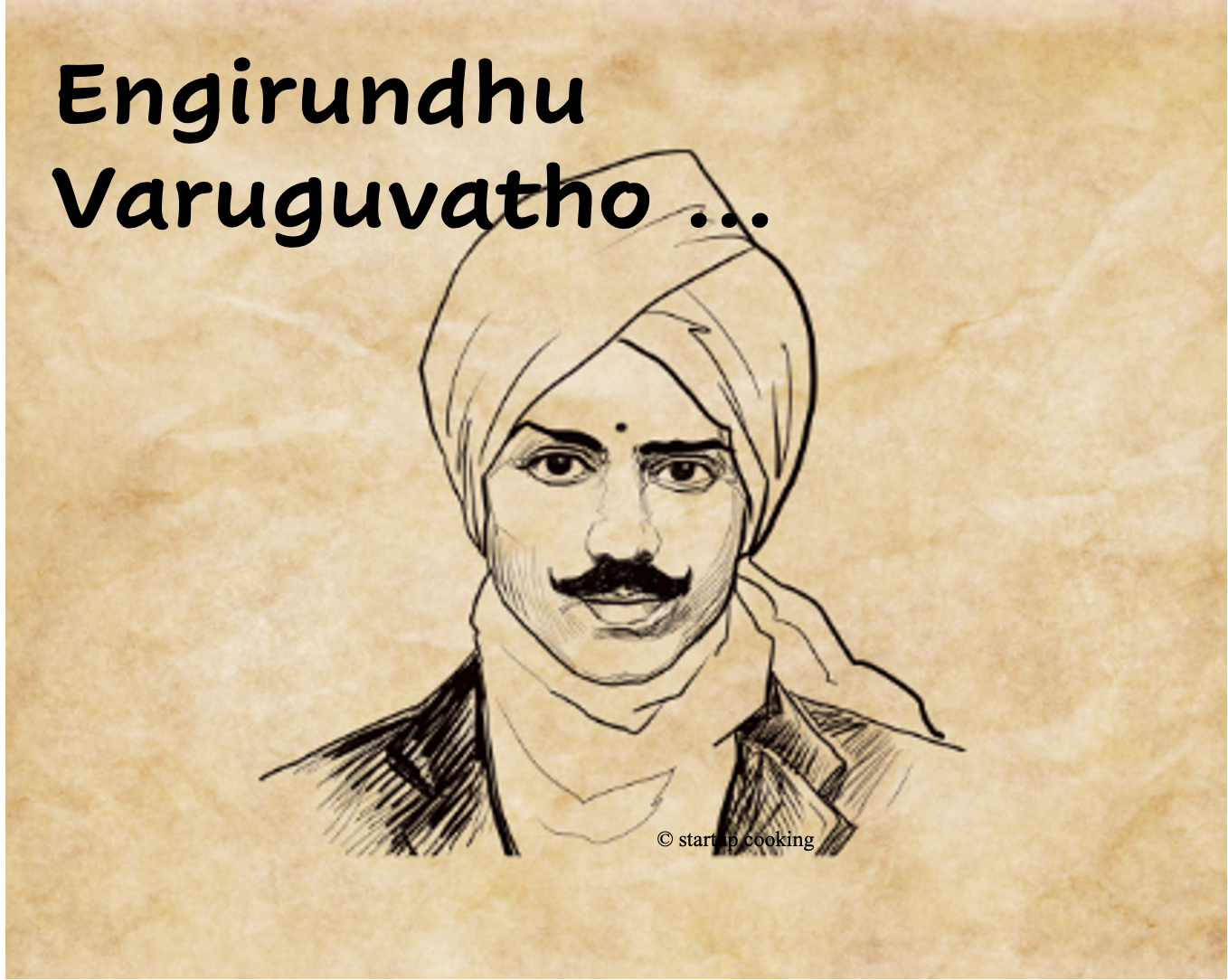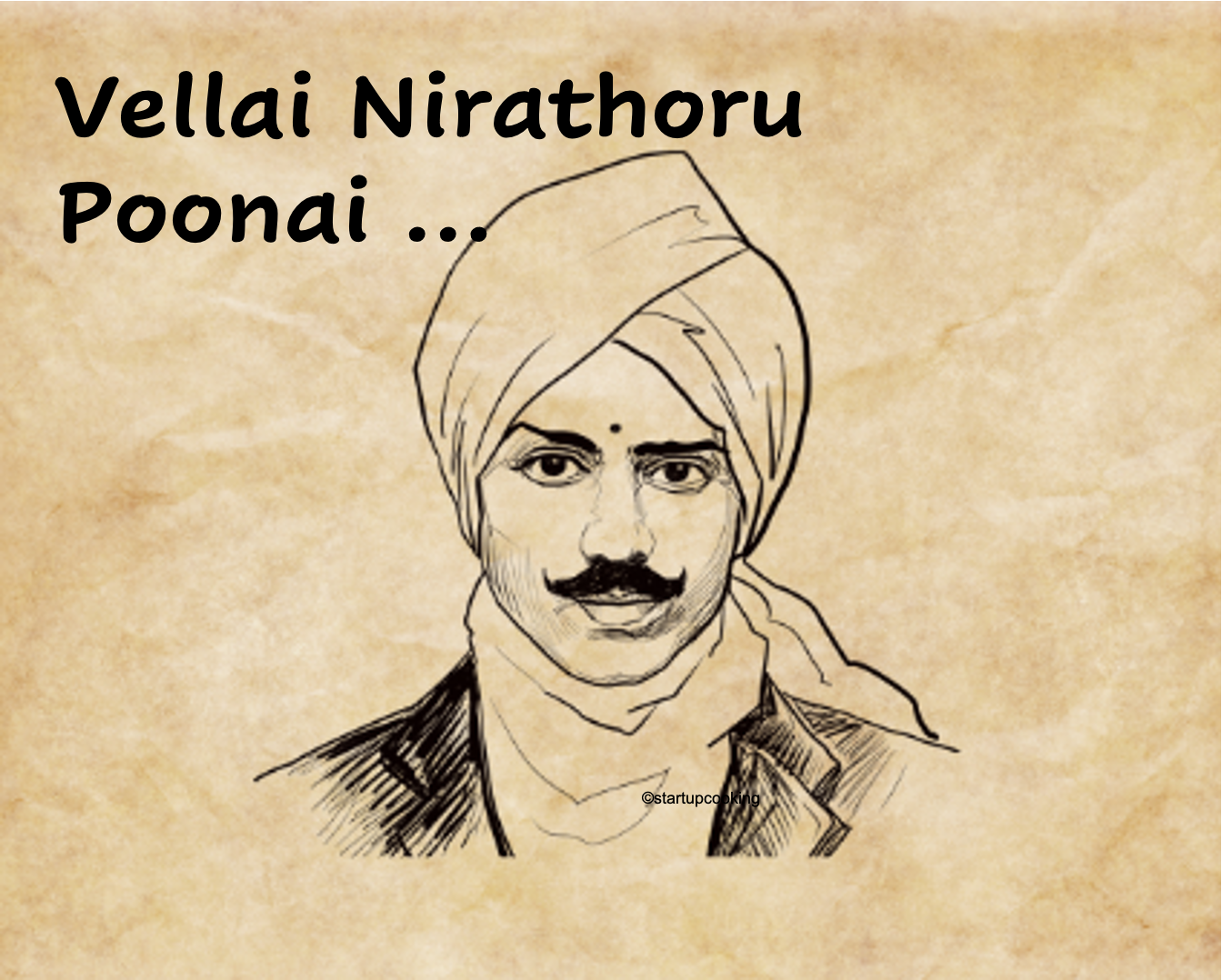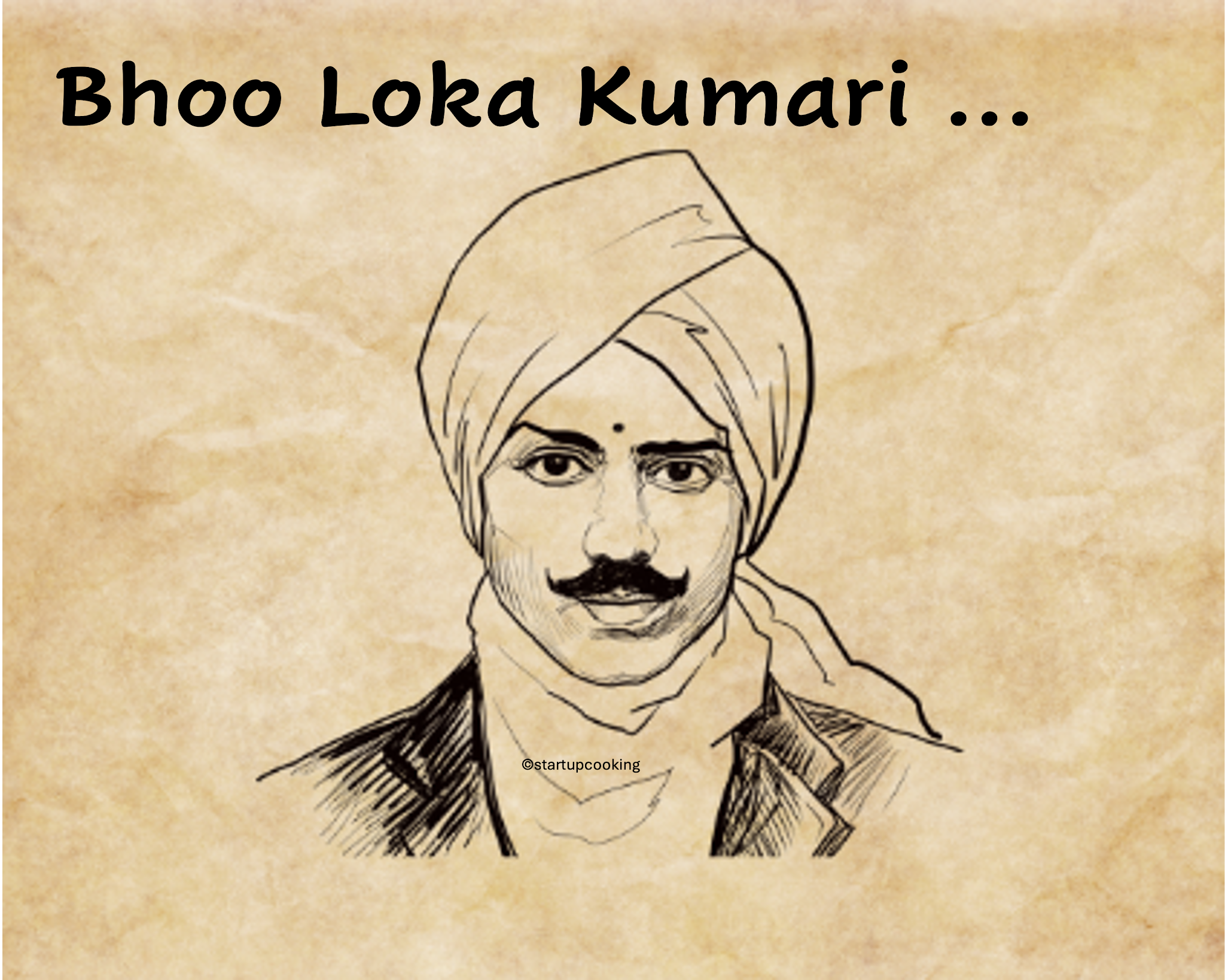“Bhooloka Kumari” is a song composed by Mahakavi Subramanya Bharathiyar, a renowned Tamil poet and writer. The song’s title translates to “worldly virgin girl” or “living goddess of the world”.
This is one of those rare songs written by Mahakavi in Sanskrit.
BHOOLOKA : This translates to ‘world” or “earth”
KUMARI : This Sanskrit term means “virgin girl” or “princess”
BHOOLOKA KUMARI
Therefore, Bhooloka Kumari signifies a young girl who is worshipped as a living goddess, specifically in the context of the world or earth
“Bhooloka Kumari” translates to “worldly virgin girl” or “living goddess of the world”. It refers to the practice of worshipping a young girl as a manifestation of a goddess, a tradition found in some Dharmic Nepali religious traditions. The girl is considered divine and is worshipped until she reaches puberty, typically her first menstruation.
The Kumari tradition is particularly well-known in Nepal, where a young girl is selected to be the Kumari Devi (Living Goddess) and is revered as a manifestation of the goddess Taleju or Durga. The girl is treated with great reverence and is believed to possess divine powers.
Raagam : Bhimplas / Amrutha varshini
Thalam : Aadhi
BHOOLOKA KUMARI LYRICS
PALLAVI
Bhooloka Kumari, hey Amrutha Nari
ANUPALLAVI
Alaska srungari, amrutha kalasa kucha bhaare,
Kaala bhaya kumari, kama vaari, kanaka latha roopa garva dimirare
CHARANAM
Bale, rasa jaale, Bhagawathi praseedha kaale,
Neela rathna maya nethra vishale, nithya yuvathi pada neeraja male,
Leela jwaalaa nirmitha vaani, Nirathare nikila loka janani,
Nirupama Sundari, nithya kalyani,
Nijam maam kuru hey Manmatha rani
TRANSLATION
PALLAVI
Oh lady of earth, Oh Lady who is like honey
ANUPALLAVI
Prettiest of all the world, who carries breasts like a pot of nectar,
She who removes the fear of death, who is the source of passion,
Who is proud of her looks like the golden climbing plant.
CHARANAM
Oh Lass, who is a magical dancer, who is the Goddess at the time of blessing,
Who had a broad, blue gem like eyes which were bewitching,
Who is forever a youth wearing a pearl garland,
Who is goddess Saraswathi who made the playful fire,
Who is stable and is the mother of entire world,
Who is the matchless beauty and who is forever auspicious,
Make me the truth, oh queen of the God of love.
VIDEO SONG
similar bharathiyar songs,
